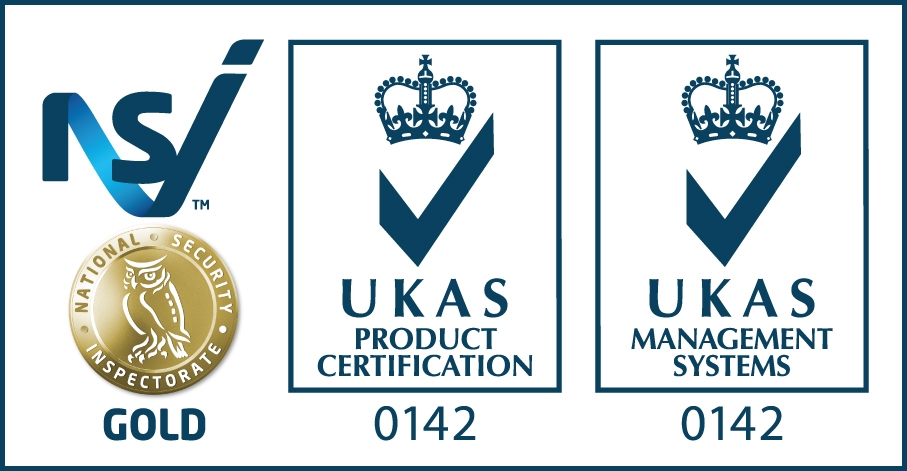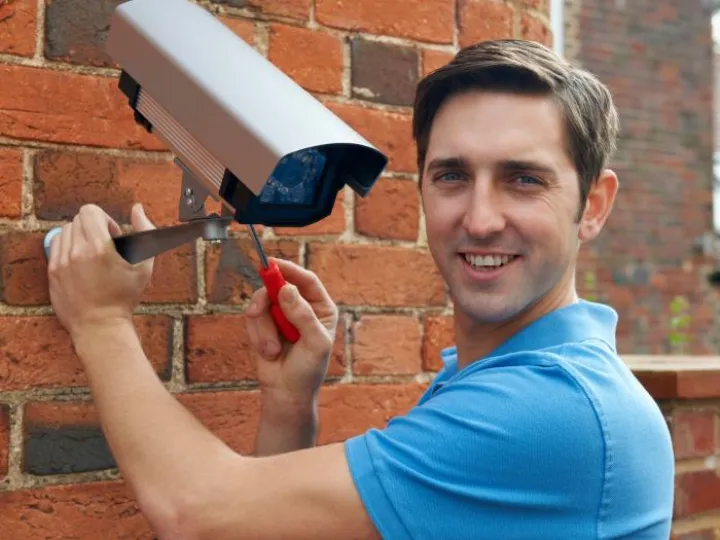Keep a close watch on your security camera
Installing a CCTV security system makes common sense for those wishing to protect homes and businesses.
But as well as the technical issues, there are data management questions to consider for anyone thinking of recording and storing images.
The Data Protection Act was introduced in 1988 to protect the public against electronic devices' intrusion into private and public lives.
Some of the Act's main provisions control how organisations, businesses or the government use your personal information.
Everyone responsible for collecting, storing and using data has to follow strict rules. They must ensure data is used fairly and lawfully, for a limited stated purpose, in a relevant way, retained for no longer than necessary and kept safe and secure.
The Data Protection Act covers most uses of surveillance cameras, and CCTV operators have rules that must be followed when they gather, store or hand over images of individuals.
Signs of the times
Many homeowners and business proprietors will not realise that they must let the public know if they are using CCTV to monitor people. Signs are the most obvious way to do this, but they must be visible and readable, and they should give details of the organisation operating the system if this is not evident. CCTV cameras should not be installed in areas where people might typically expect privacy, such as shower rooms or toilets, and the recording of conversations would not usually be allowed. Exceptions to this would be a police custody suite or courtroom. Many CCTV systems now come with audio facilities. Audio recording is considered particularly intrusive, and in the vast majority of cases, the function should be disabled.
Captured on camera
CCTV operators must adopt specific guidelines, have a clear idea of how to use the system and what to do with any captured images, such as who is allowed to view them. It is usually a good idea for a business to make sure someone in the organisation is responsible for any captured images with the power to decide when and where cameras are used and who has access to them. Anyone who believes they have been caught on camera has the right to see the pictures and ask for a copy. The operator must provide the images within 40 days and cannot charge more than £10 for doing so.
Operators are also legally barred from disclosing images of identifiable people to the media, putting them on the internet or handing them to another organisation. For example, your company may need to hand over CCTV images for legal reasons to the police. Still, that organisation must then adhere to the Data Protection Act when handling the images.
Cameras on your property
Surveillance cameras installed on your property are usually exempt from the Data Protection Act but only if there is no possibility of taking pictures of people outside the property such as your neighbour's garden or the street. The guiding principle when installing home CCTV cameras is to deploy them responsibly, that protects both the property and the privacy of others. When installing CCTV cameras, it is crucial to consider the best areas to cover and to ensure safeguards are in place to prevent cameras from being misused.
Get expert help with CCTV
There is more to installing a surveillance camera system than may at first appear, and it is usually best to get a professional to at least advise, if not, deploy your CCTV system whether it is for home or business. Regardless of whether your CCTV system is exempt from the Data Protection Act, the government recommends that you use security cameras responsibly to protect the privacy of others and your property. More details of the Data Protection Act and how it could affect you may be found on the government ICO website .
More on CCTV camera systems
Choosing a CCTV camera system
Using CCTV in schools and colleges
Camera shy burglars avoid the limelight
Quick Links
Small Print
NSI Gold / Privacy PolicyAccreditations

Burglar alarms & security systems for the Midlands, the North West & North Wales

